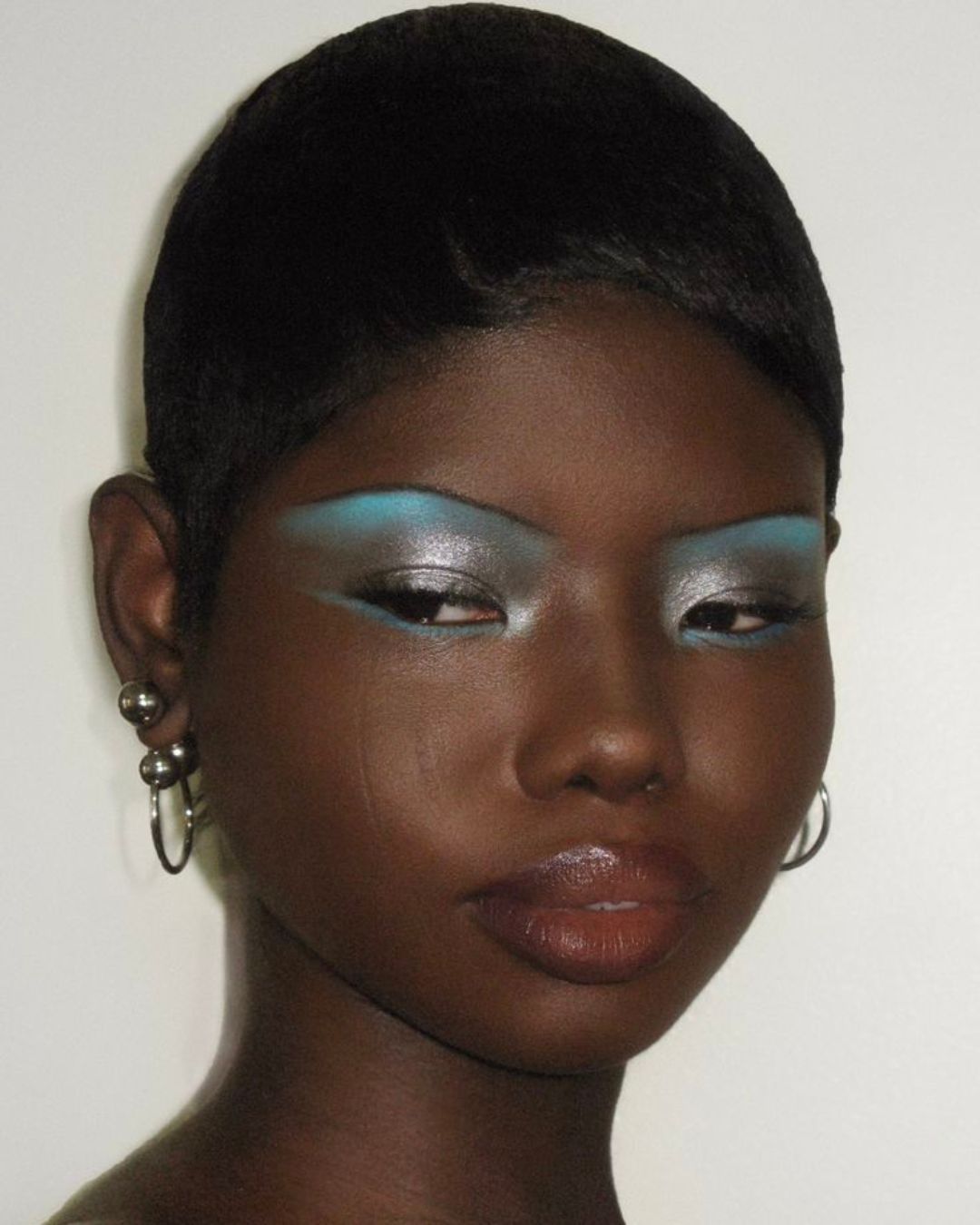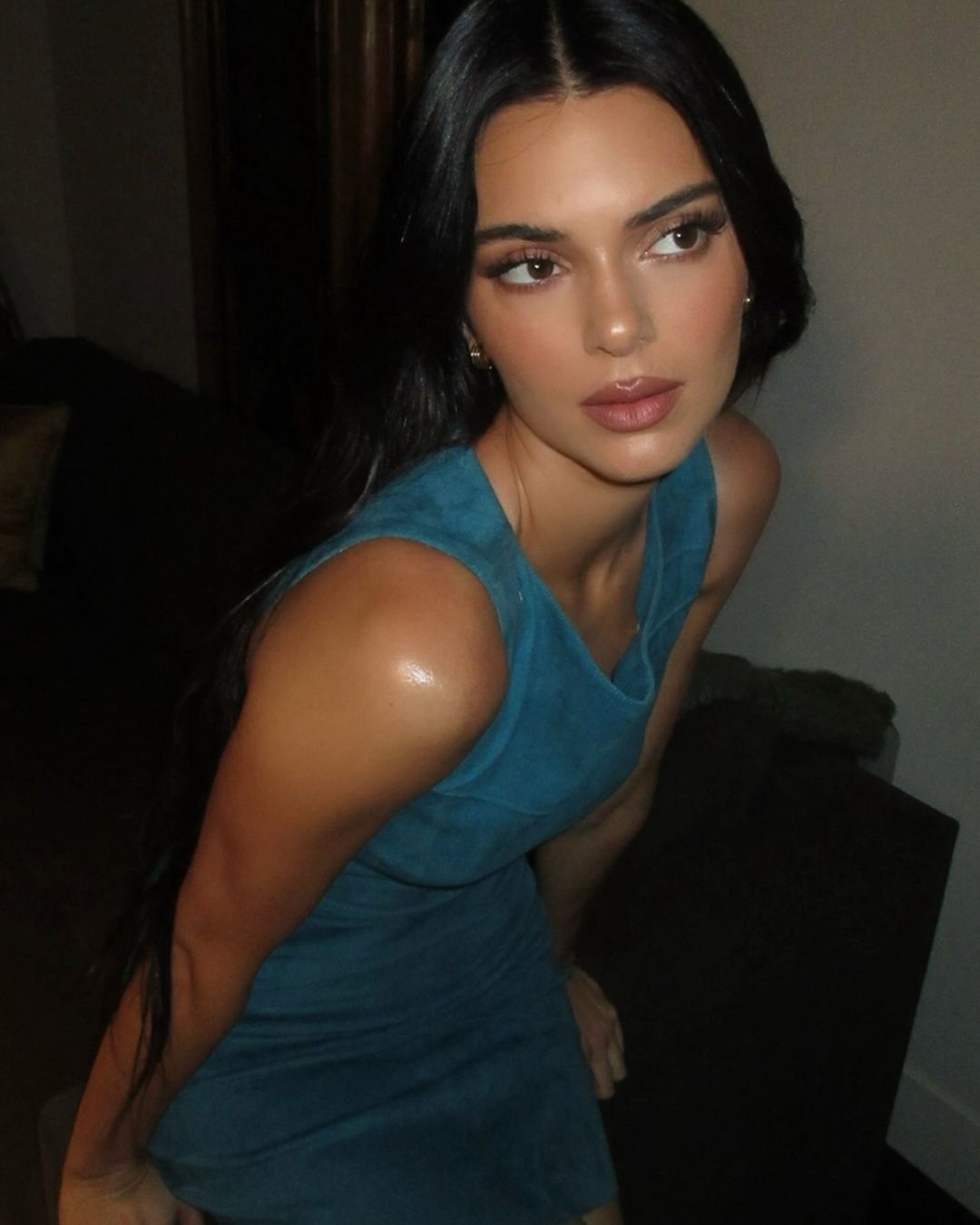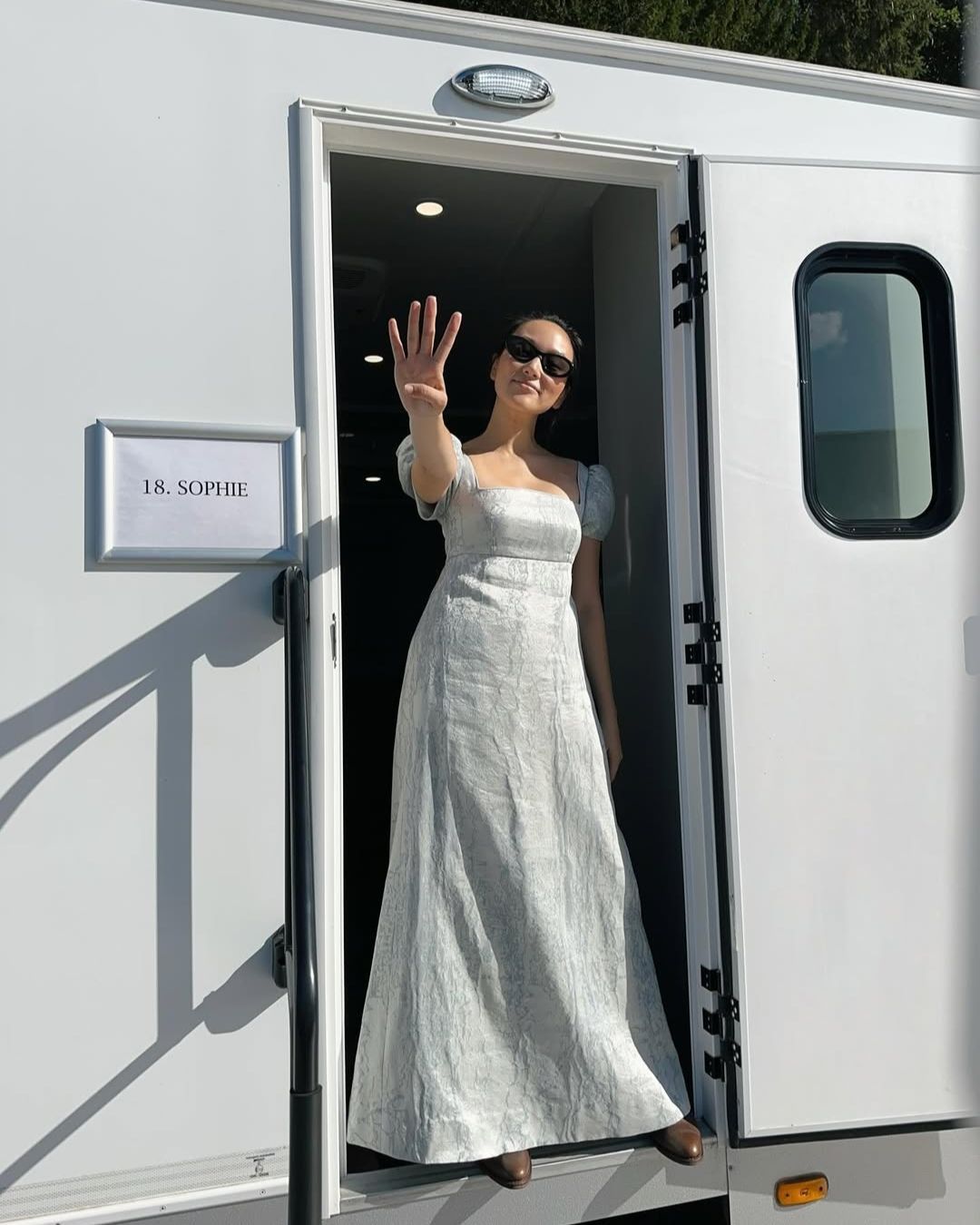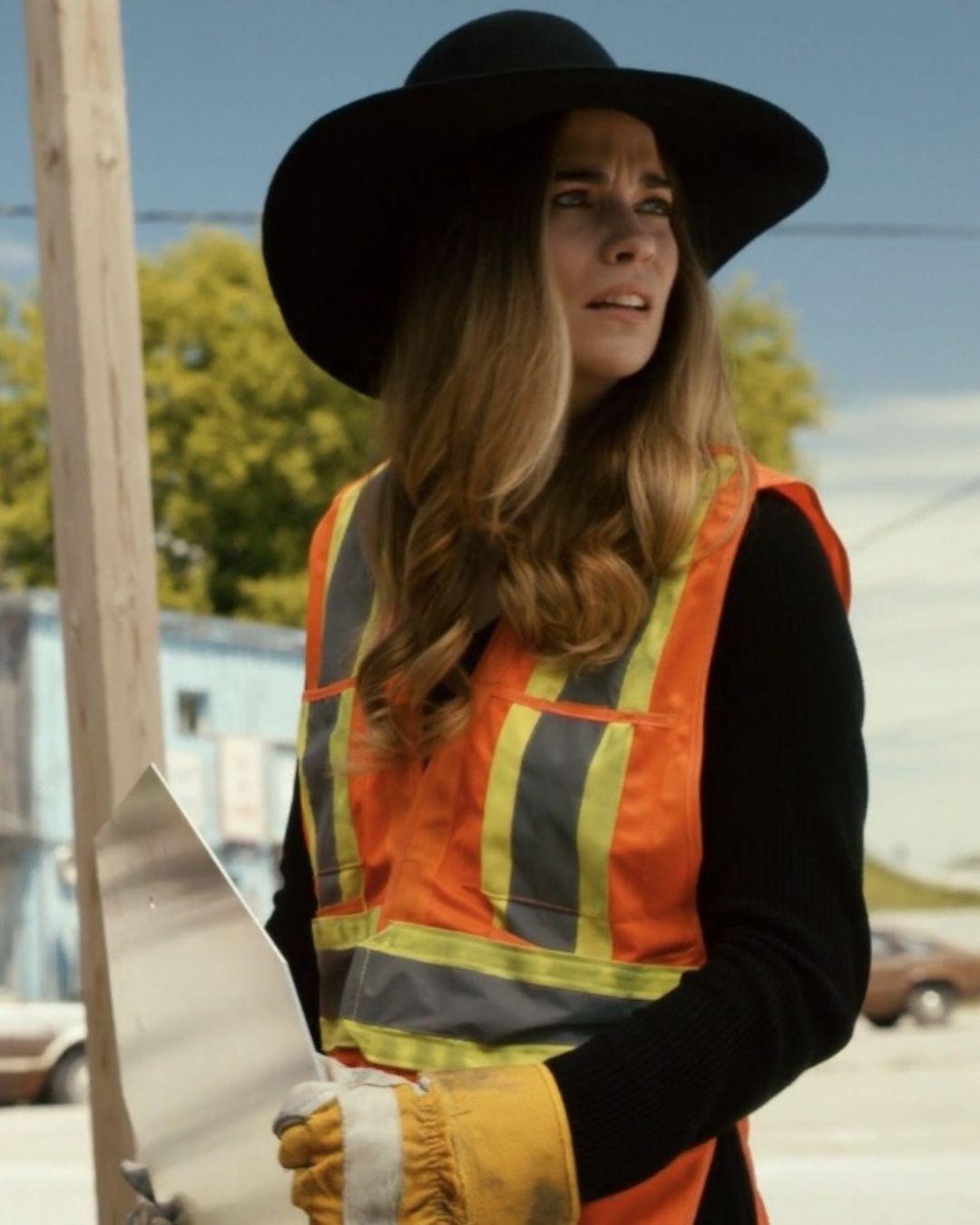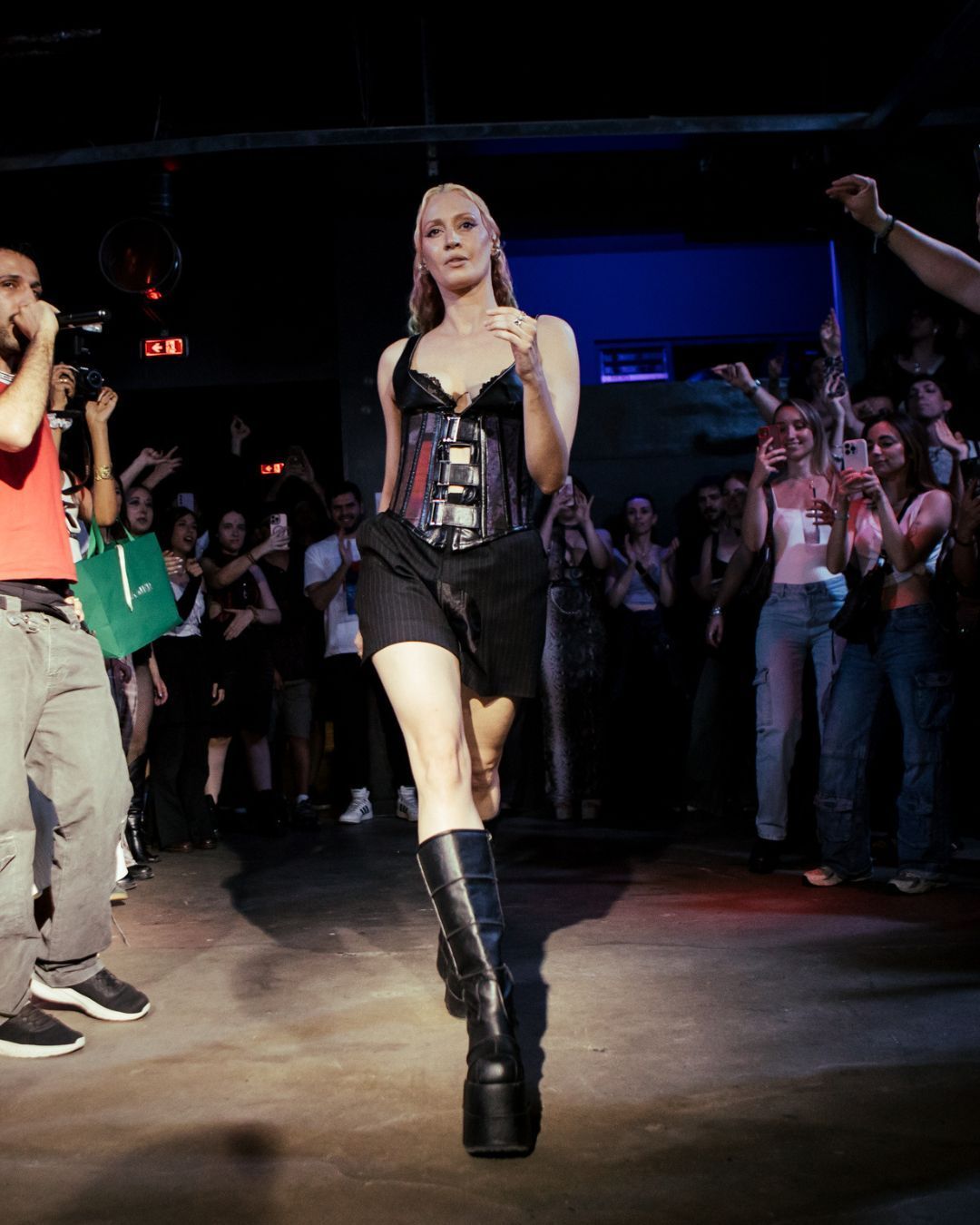
Can we trust documentaries about celebrities? From Taylor Swift to David Beckham, perhaps it's more about personal branding than truth
Documentaries about the lives of famous figures, from victorious athletes to popstars, have always been crafted and enjoyed by audiences. However, in recent years, they seem to be experiencing a period of heightened prominence, being produced and shaped in close collaboration with the individuals who aim to narrate the story with complete impartiality. Is this routine or a clash of interests? Can a documentary uphold its nature under these circumstances?
Chiara Ferragni: Unposted
Back in October 2019, Chiara Ferragni and Elisa Amoroso teamed up to drop Unposted, a documentary about the influencer and pop culture phenomenon. They premiered it at the Venice Film Festival, had limited-time screenings in cinemas, and then it hit up Prime Video. One of the executive producers, among others, was Fabio Maria Damato, the general manager at Chiara Ferragni's brand and her agency, The Blonde Salad. At the Venice launch, the director said: "Chiara and I connected right away, we had a special vibe that brought this documentary to life."
Multichannel Marketing Blitz
Basically, it's a full-on multichannel marketing move (nothing new, right?), but it's also a way to set the stage and give credibility to the Ferragni Phenomenon. Remember that interview with Simona Ventura that aired on Rai 2 after Unposted? It was all about part of the operation to make Chiara an icon of the digital shift and the influencer scene in Italy. We'll see if it sticks.
The David Beckham Documentary Case
Now it's all about David Beckham. His 4-part docu-series, Beckham, directed by Fisher Stevens, dropped on Netflix on October 4th. It covers everything from his childhood to now, with detours into his soccer journey and career, but also gives a big spotlight to his private life, especially his love story with Victoria Beckham, which is almost like a co-star. Social media buzzed about this angle, especially on one scene that had people divided.
Posh Spice Stirs the Pot
Victoria, in a white shirt with her hair up, is talking about her childhood and her "working class" family. David, who was clearly eavesdropping, jumps in and asks her to spill the beans about the car she was chauffeured in by her dad to school, implying that Posh Spice's "working class" label wasn't quite right. She hesitates but finally spills the tea—it was a Rolls Royce. David's pleased, thanks her, and leaves the room. Some found this scene hilarious, a cute spousal banter. Others see it as a reminder of how out of touch these folks have been for decades. It's a love-it-or-hate-it deal.
A Crafty Episode Inclusion?
Whether you're Team Hilarious or Team Insulted, it's worth noting that, as Fisher candidly stated, it was the athlete himself who sought out a director for his documentary. Leonardo DiCaprio connected the dots and made it happen. The intention is clear: David wanted to tell his story, on his terms, with a crew and production that'd let him do just that. It's all about giving legitimacy, context, and authority to his image, beyond soccer, into showbiz, pop culture, and even fashion. In this light, even the potentially uncool scene serves the personal brand.
Taylor Swift: Miss Americana
Let's not forget Miss Americana from 2020. Directed by Lana Wilson, written by Taylor Swift herself, it was part of Taylor's whole image overhaul since Reputation (2017). It flipped her public image from a bland, unlikable blonde to a complex, politically engaged adult. It skillfully takes us behind the scenes of her struggles during a dark time, maybe to get us to empathize.
Not-so-Documentary Documentaries
There are loads more examples. But the real deal here is: can a doc still be called a doc if it's pushing the narrative its star wants and perfectly fits the image they're selling? No scandal, docs need cash and access to archives, spaces, permissions, and interviews only the person involved can give. Just remember, what we're seeing is mostly PR, and even the seemingly genuine bits have a clear agenda.




















